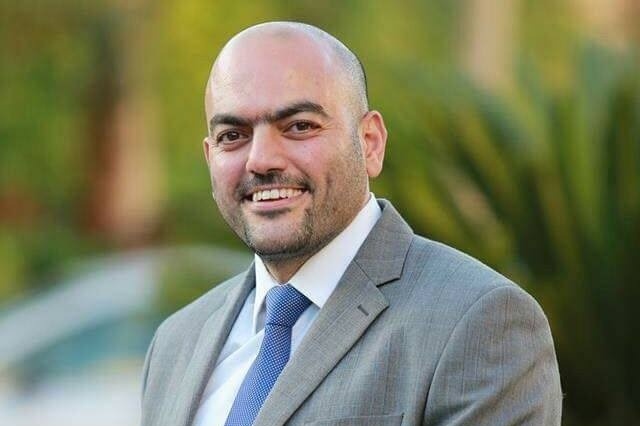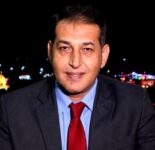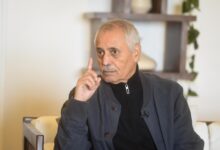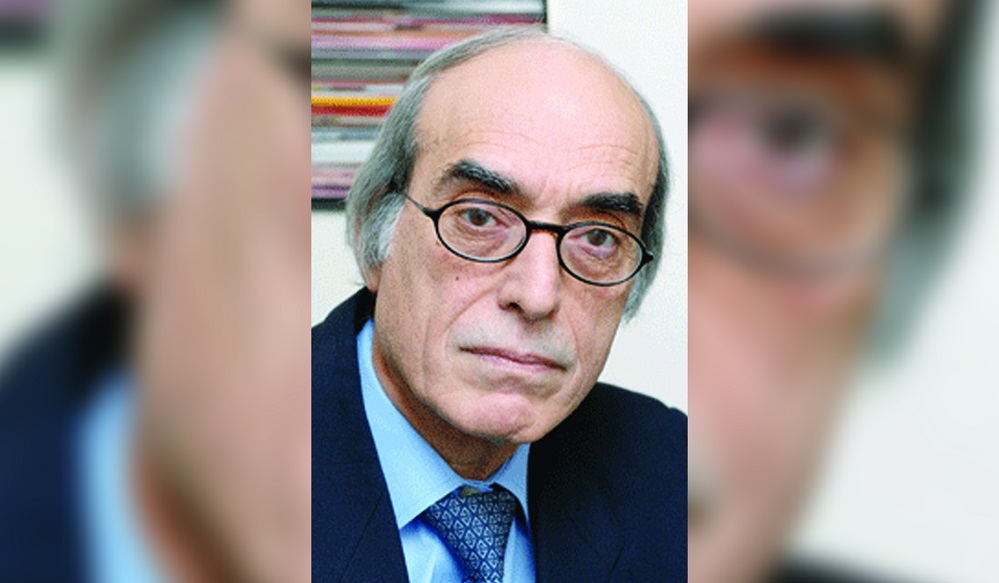The massacre has stopped, but the wars will begin
Al-Khamisa News Network - Gaza

Author: Rami Mahdawi
The massacre has stopped, but the war is not over…. This is the only sentence that keeps running through my mind.
The guns fell silent and a hidden noise began; the smoke withdrew from the sky only to return to people’s chests. The era of bombardment ended and the era of heavy questions began. What happened in Gaza was not merely a battle between an army and a resistance, but a reshaping of popular consciousness and of the maps of the entire region.
The massacres have ostensibly stopped, but future wars are multiplying in the shadows: wars of influence, of legitimacy, and of meaning. The Israeli occupation did not emerge from Gaza victorious, yet it left determined to redefine victory by its own measures. Today it is sowing the seeds of a “booby-trapped peace” under the banner of reconstruction, weaving a new management of the Strip that keeps it under hegemony through an aid economy rather than through arms. In the West Bank, the occupation continues its silent expansion through settlement, Judaization and the pursuit of consciousness before action, turning daily life into a refined form of long-term repression.
This is how the occupation manages the Palestinian scene: neither total victory nor total collapse — but a permanent management of crisis so the land remains hostage, the people exhausted, and the idea suspended between hope and despair. Yet more dangerous than the continuation of occupation is the erosion of internal fronts.
In Gaza, the battle will begin within Hamas itself: between a wing that sees the necessity of political transformation and regional repositioning, and another that clings to the rhetoric of absolute resistance as the sole reference for survival. These are not merely organizational disagreements but struggles over the identity of the project itself, and over who holds decision-making power and legitimacy after a war that drained everything.
Meanwhile, the Palestinian leadership in all its forms faces a historic obligation that cannot be postponed. The old equations that governed its political behavior can no longer deal with a world that has changed radically. Today the world listens not to slogans but to actions, not to speeches but to viable projects. Therefore the Palestine Liberation Organization (PLO) must reformulate its intellectual, political and diplomatic tools to reclaim its place as an effective national representative, not as a bureaucratic administration that receives aid and manages waiting.
What comes after the war in Gaza requires the Palestinian leadership to deal with the Strip with a new mindset that transcends the binary of control or severance. Gaza is not a political burden but the gateway to national legitimacy and the compass of Palestinian will. Only a conscious partnership can restore the bond between the West Bank and Gaza, between geography and destiny. The leadership must prove — to the world and to its people first — that it can renew without surrendering, adapt without breaking, and transform from an authority of administration into a leadership with a project that restores meaning to politics and direction to the homeland.
Inside Israel, the picture is no less bleak. Israeli society is experiencing its deepest divisions since the founding of the state. Netanyahu’s government is in open conflict with the army, the religious right is eating into the state from within, and Israelis’ trust in their institutions is eroding. The recent war did not unite Israel as its leaders intended; it exposed the limits of its power and the fragility of its moral narrative. Israel emerging from the war is more extreme, more fearful, and less certain of its own existence.
What awaits us is not peace but a proliferation of wars with changing faces: media wars over the narrative, economic wars over reconstruction, social wars over consciousness and identity. The occupation will try to create a “new Palestinian” stripped of will, reducing the cause to daily survival rather than liberation, while Palestinians will be tested on their ability to turn catastrophe into awareness and defeat into a beginning.
The massacre has indeed stopped, but what follows is more dangerous than the bombing itself. The next war will be a war of ideas and concepts, a war over who owns the narrative and who writes history. Either we begin our real struggle — the struggle to rebuild the Palestinian self and collective mind — or we surrender to repeating the tragedy under new names. History shows no mercy to those who misread their decisive moments. Today we are indeed at a decisive moment: either we rewrite Palestine as we want it, or others will write it as they please.





